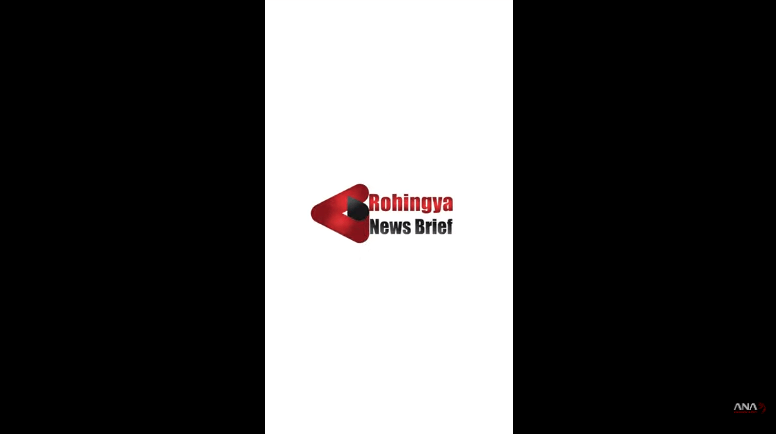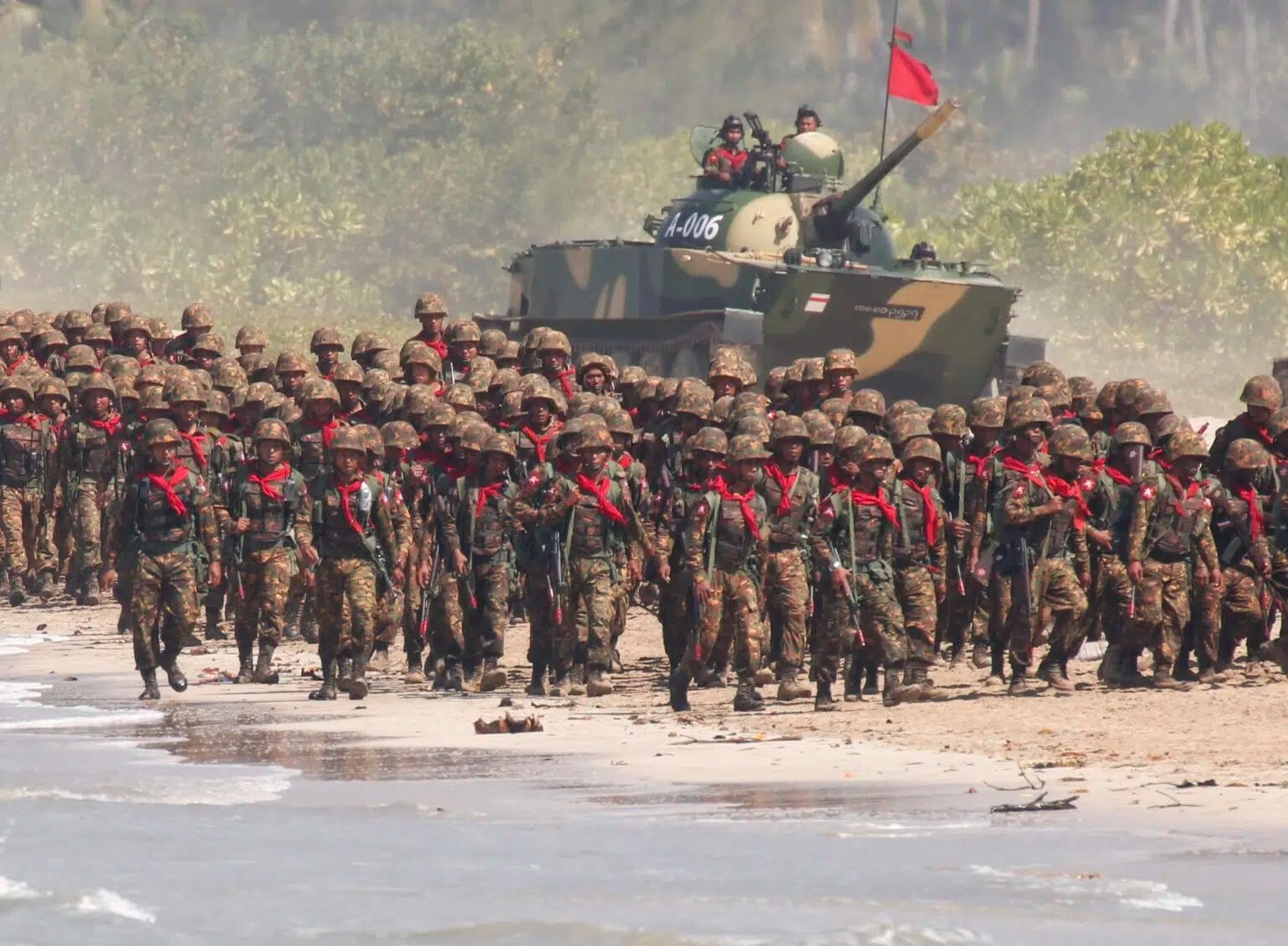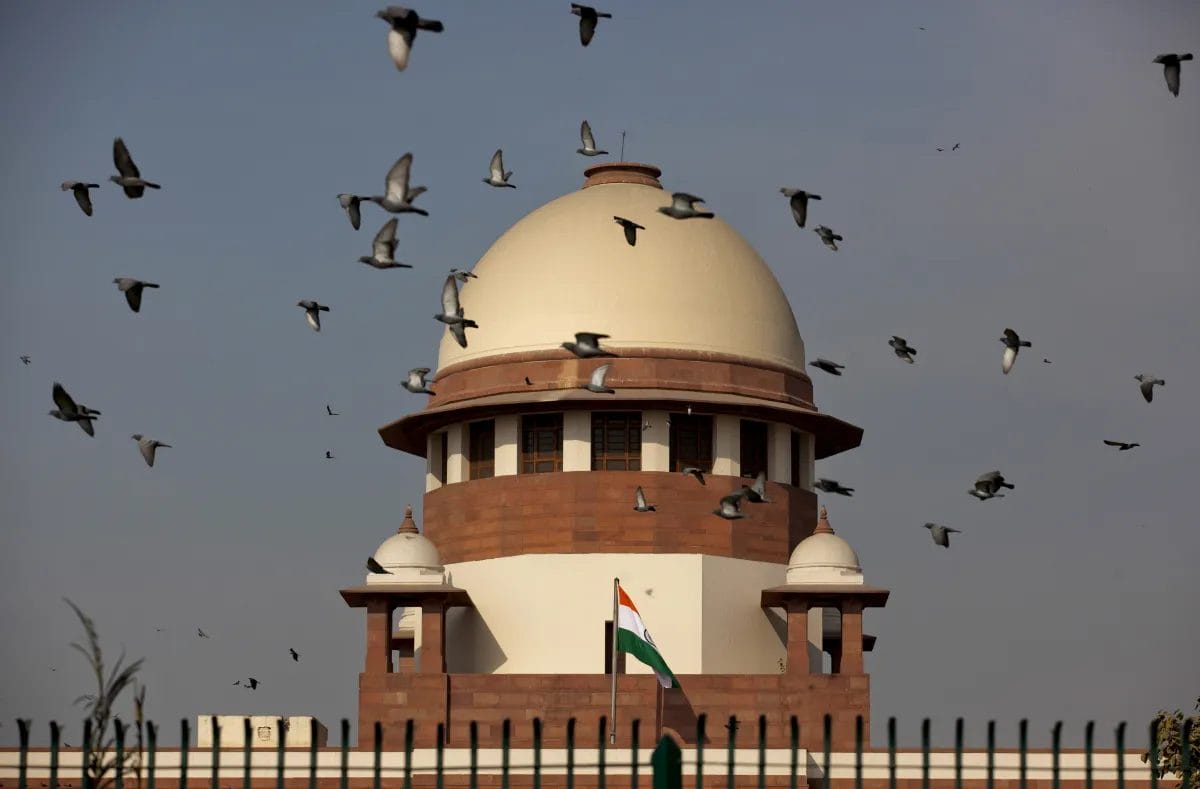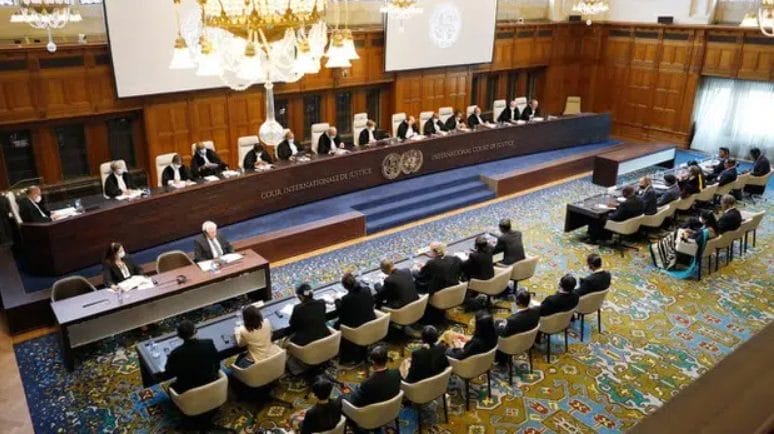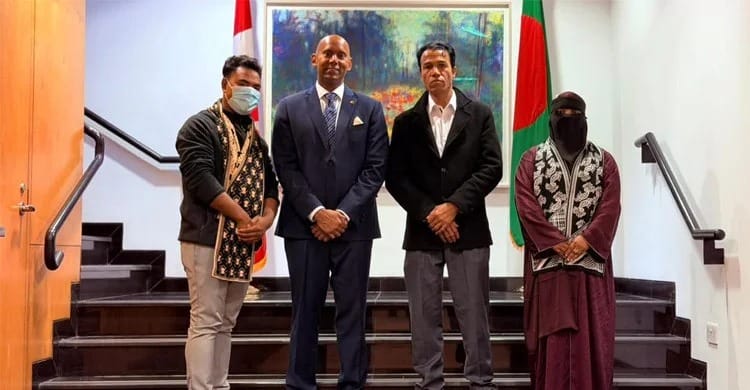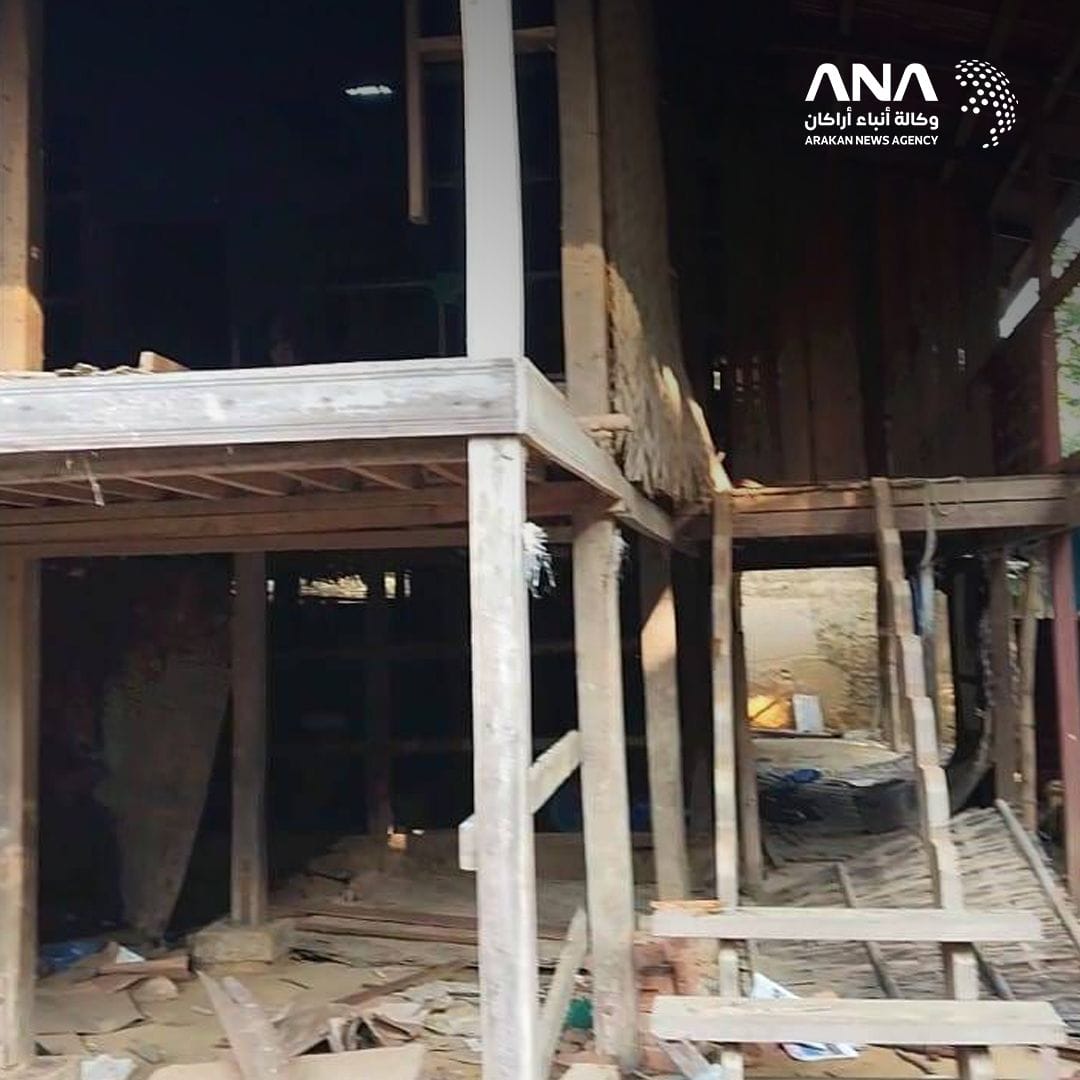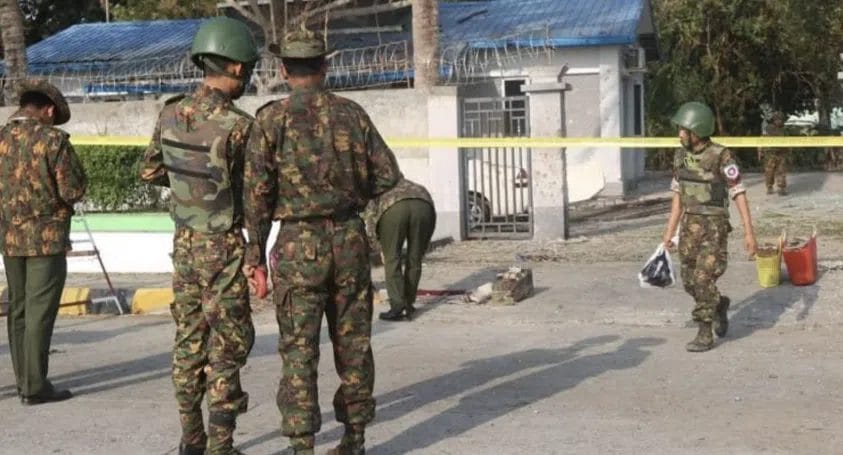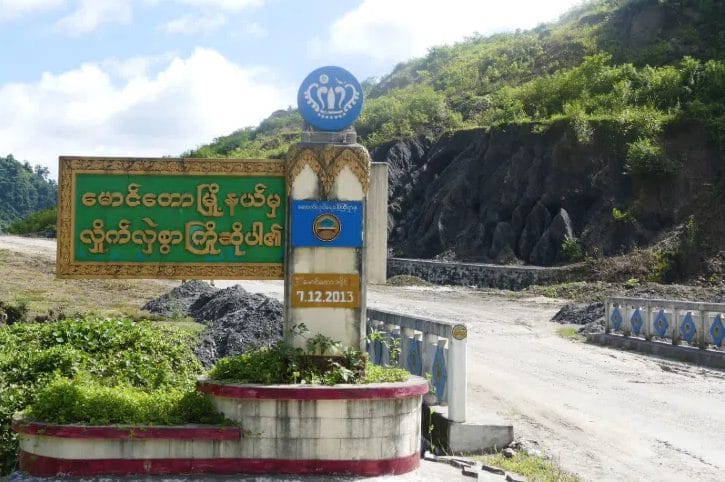Arakan News Agency | Exclusive
As oppression and atrocities by Arakan Army (AA) continues, Rohingya continue their daily attempts to flee Arakan state in western. However, their journeys to other parts of Myanmar or to other countries also bear the imprint of the Arakan Army.
The Rohingya in Arakan are suffering greatly under the rule of the Arakan Army, where they are subjected to violence, displacement, and forced conscription. They also suffer from hunger and a severe shortage of medicine and other services, leaving them no choice but to seek safety outside Arakan.
Several Rohingyas told the Arakan News Agency (ANA) that human trafficking operations in Arakan are carried out under the supervision of AA, which cooperates with smuggling networks and receives money in exchange for organizing Rohingya migration trips to Bangladesh, Malaysia, Indonesia, or to different parts of Myanmar. The Rohingya have no other option but to flee the Arakan Army’s repressive practices against them, even if it costs them their entire life savings
Unbearable suffering
“Recently, AA has been forcefully driving Rohingya out of their villages. As a result, families are running in all directions, in a state of panic and confusion. They are struggling to survive amid immense suffering and difficulties,” said members of the Rohingya community in Buthidaung.

These people are being forced out of their original homes, conscripted for forced labor, and young men are being forcibly recruited into armed service. Arbitrary arrests, illegal taxation, harassment, extortion, and suppression are intensifying. The restrictions on food, clothing, and shelter have become so severe that people are barely surviving. This ongoing oppression is driving more and more Rohingya to flee abroad.
A Rohingya resident shared the dire situation unfolding in Arakan, saying, “Since the renewed fighting began, all roads and waterways have been blocked. People are suffering from a severe shortage of necessities, including medicine, and prices have skyrocketed.
He explained that the local Rohingya community is enduring immense hardships. “Some families can afford only one meal a day. Others manage to eat just once every two days. Some survive on only four or five meals a week. Even then, they cannot eat to their fill. There are no jobs. There is no security. People can’t sleep at night in peace.”
“Those who once lived comfortably, wearing clean clothes, now return to homes where there is nothing to eat. Their rice bowls are empty. Many are forced to beg just to survive. The threat of famine is real,” he added, his voice breaking with emotion as he spoke to ANA.
Looking for a way out
For those wanting to escape from Buthidaung, whether to other parts of Myanmar or to Thailand and Malaysia, the AA controlled human traffickers reportedly charges 1 million kyat per person (230 USD) for permission to leave Buthidaung and transit through Rathedaung Township. Families with children may receive slight negotiation, according to those who have paid these fees.

Smuggling networks that assist escapees must also obtain permits from the AA. Only those who are close to or financially support the AA are allowed to be involved in smuggling operations. These networks are reportedly paying bribes to various AA officers, including zone commanders, tax officers, political officers, and military commanders, to operate within AA-controlled areas. The AA has an office in Wara Zone, where they collect that 1 million kyat per person from fleeing Rohingya and issue a travel document signed by the AA regional officer, allowing passage through AA territory.
Those escaping from Buthidaung to the Bangladesh side via Maungdaw are charged the same amount and are guided through forest routes by AA troops and local guides. To travel through the forest route to Maungdaw, Rohingya must pay 500,000 kyat to the AA and another 300,000 to 500,000 kyat to local guides, according to escapees who have made the journey.
Fleeing again?
A knowledgeable Rohingya youth from the Bangladeshi refugee camps said that life is very hard inside the camps as there is no hope, jobs, or rule of law, that’s why many are fleeing to neighboring countries. Brokers can easily recruit people, because life in the camps feels like waiting for death. Taking the risk of escape doesn’t feel strange anymore.
In Maungdaw, AA works with underground trafficking networks connected to Bangladeshi refugee camps. These networks lure and mobilize Rohingya refugees from the camps and escort them to AA bases in villages like Hla Bhaw Za, Manglar Gyi, and Tharyet Oak, all within Maungdaw Township. They are then handed over to the AA and traffickers, he told ANA.
From Bangladeshi camps, Rohingya pay out of pocket to take boats to Maungdaw. Then AA receives them at bases like Chaung Wa and settles financial matters with those planning to continue to Thailand or Malaysia. Human Traffickers charge up to 15 million kyat per person to transport from Maungdaw to the Malaysian border. Half of the payment must be paid in advance. The AA arranges transport by vehicle from Maungdaw to Buthidaung, then by engine boat to Rathedaung. From there, people are gradually smuggled into Yangon, Thailand, Malaysia, and Indonesia via land and sea routes, according to a human trafficking observer who spoke to ANA.
The ongoing slow ethnic cleansing in Arakan State paints a grim picture for the Rohingya community, who are enduring severe oppression, forced displacement, starvation, and exploitation under the control of the Arakan Army. With necessities scarce and the threat of violence and famine looming large, many are left with no option but to flee, risking their lives and draining their savings in the hands of traffickers.



